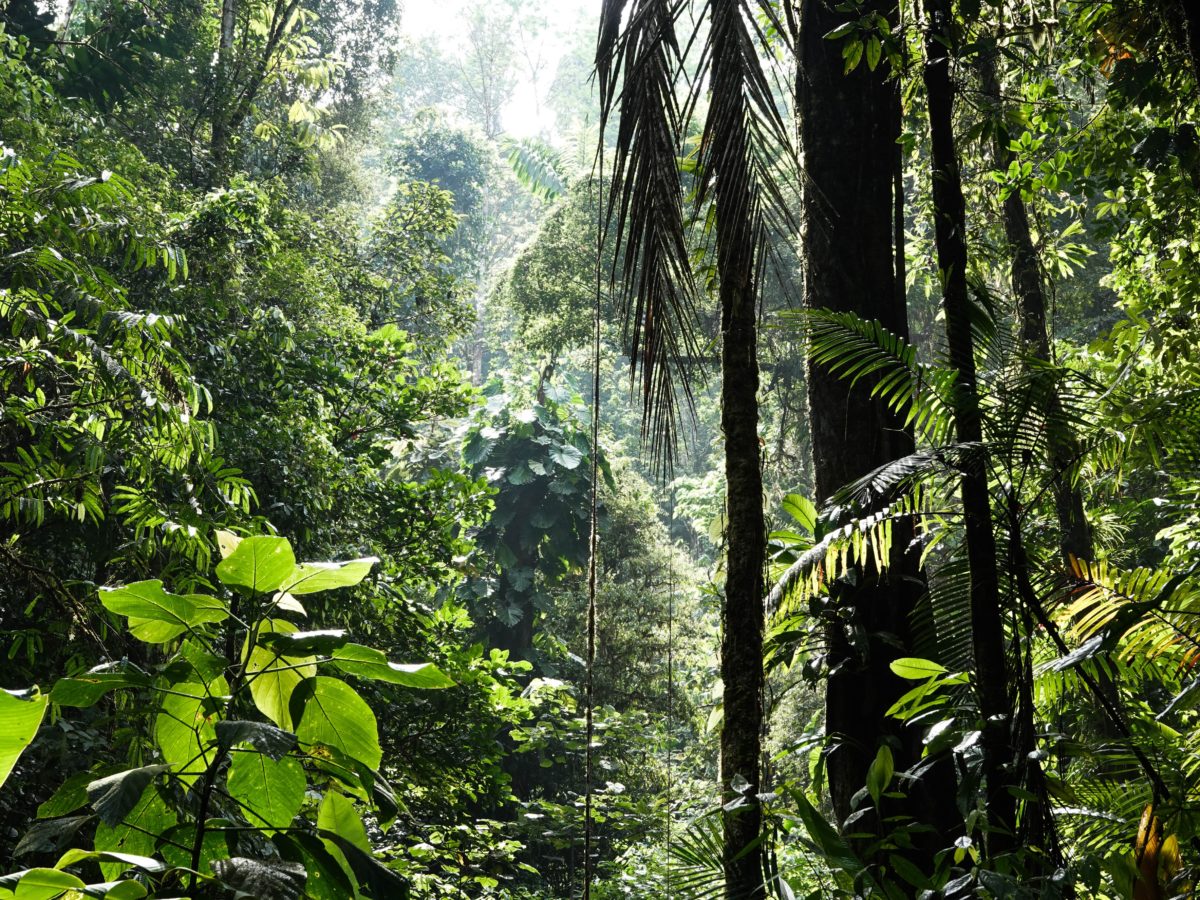
Climate & Company and partners develop biodiversity risk method for investors
September 27, 2021
WWF jointly with Climate & Company, Earthmind and Mundialis, hereafter the Consortium, are delighted to announce their collaboration for the development of a new methodology for investors to address biodiversity-related financial risks in portfolio management. This collaboration is the result of a highly competitive tender process initiated by WWF in February 2021 to find partner organisations capable, on a large scale, of measuring companies’ dependencies and impacts on biodiversity and translating this into financial risk metrics.
Climate & Company is Germany’s leading sustainable finance think tank which combines quantitative expertise with thorough understanding of sustainable finance policy process. Mundialis specialises in the analysis of Earth observation data and the processing of large quantities of satellite- and geodata with the help of remote sensing and geospatial software available under Free and Open Source Software (FOSS) licences. Earthmind brings its extensive expertise on biodiversity data, assessment and finance to the project. WWF is one of the world’s largest and most experienced independent conservation organizations, with a global network active in more than 100 countries.
Developing a methodology that allows financial investors to manage biodiversiy-related financial risks
The aim of this project is to develop a methodology, accompanied by a first web-based pilot tool, that allows financial investors to actively manage biodiversity-related financial risks and opportunities for single assets and across portfolios. By increasing the visibility of material biodiversity issues in financial decision making, the tool will allow investors to mobilize capital for the protection, the restoration and the conservation of nature, helping to build a future in which humans live in harmony with nature.
Current measurement tools for climate-related financial risks significantly undervalue risks as they do not yet integrate other sources of environmental risk besides climate risks. The project pushes the frontier in financial risk management by combining geodata with information on where corporate activities are taking place in order to provide a location-specific assessment of biodiversity. Additionally, the project plans to move beyond exposure by using company-level data to account for the massive gap between “general sector views” and “company specifics”. Finally, the project will contribute to the understanding on how biodiversity-related risks affect financial institutions and will provide a starting point for shareholder engagement on biodiversity issues.
Due to the complexity of the task and issue at hand the Consortium has chosen to opt for a sequenced approach. The projects start with a stocktake to thoroughly document, compare and contrast the landscape of biodiversity and finance assessment approaches. The goal is here to look for synergies and to complement rather than duplicate existing approaches. By Q2 2022 the method will have been tested by a group of investors. The method will then be refined and finalised by the end of 2022.
